Home>Articles>How Long Can You Keep Chicken In The Freezer After The Expiration Date
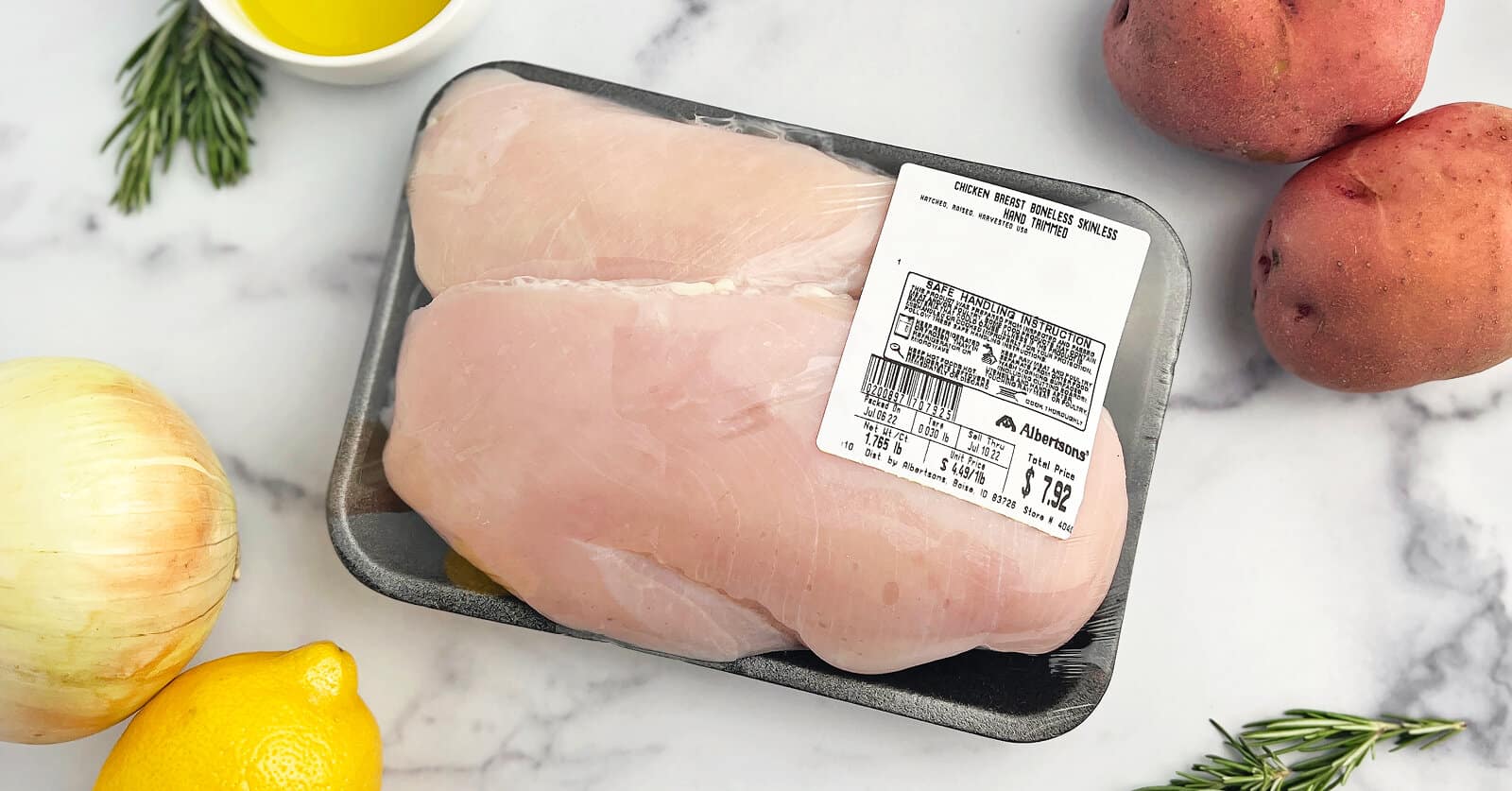

Articles
How Long Can You Keep Chicken In The Freezer After The Expiration Date
Modified: October 20, 2024
Discover articles on how long you can safely keep chicken in the freezer after the expiration date. Get expert advice and storage tips.
(Many of the links in this article redirect to a specific reviewed product. Your purchase of these products through affiliate links helps to generate commission for Storables.com, at no extra cost. Learn more)
Introduction
When it comes to storing food, the freezer is a game-changer. It allows us to keep perishable items like chicken for extended periods, ensuring we always have a convenient source of protein on hand. However, understanding how long you can keep chicken in the freezer after the expiration date is crucial for maintaining food safety and quality.
Expiration dates are often printed on food packaging to indicate the date by which the product should be consumed for optimal freshness. However, these dates can be confusing, especially when it comes to frozen foods. In the case of chicken, it’s essential to understand how expiration dates play a role in freezer storage.
Before delving deeper into the topic, let’s uncover the safety implications of frozen chicken. Freezing is an effective method for preserving food because it halts the growth of bacteria, yeast, and molds. When chicken is properly frozen and stored, it can maintain its quality for an extended period, allowing us to enjoy it at our convenience.
However, it’s important to note that while freezing can preserve food, it doesn’t make it immune to spoilage. Over time, frozen chicken can still be affected by factors like freezer burn, texture changes, and overall degradation in taste and quality. Therefore, understanding the proper storage techniques and guidelines for frozen chicken is crucial for ensuring both safety and enjoyment.
In this article, we will explore how long you can keep chicken in the freezer after the expiration date. We will also discuss the factors that affect freezer life, proper storage techniques, and how to determine if frozen chicken has exceeded its freezer life. Let’s dive in and unravel the secrets of safely preserving chicken in the freezer!
Key Takeaways:
- Properly stored frozen chicken can be safe to consume beyond the expiration date, but signs of spoilage and proper handling are crucial for determining its quality and safety.
- Trust your senses and prioritize food safety when using frozen chicken after the expiration date, and consider incorporating it into cooked dishes for an enjoyable culinary experience.
Understanding Expiration Dates
Expiration dates are printed on food packaging to provide consumers with an indication of when the product is expected to start losing its optimal quality. These dates can be found on a variety of food items, including packaged meats like chicken. However, it’s important to understand the different types of expiration dates commonly used and what they actually mean.
The two most common types of expiration dates are “sell-by” and “use-by” dates. The “sell-by” date is primarily intended for retailers, indicating the date by which the product should be sold. It serves as a guideline for stores to ensure they rotate their stock and maintain freshness for consumers. This date is not an indication of when the chicken will become unsafe to eat, but rather a suggestion for stores on when to remove it from the shelves.
On the other hand, the “use-by” date is an estimate of when the product is expected to reach its peak quality. It is typically based on factors such as taste, texture, and overall freshness. While it is recommended to consume the chicken by this date for the best eating experience, it does not necessarily mean that the chicken will be harmful or spoiled if consumed after this date.
When it comes to frozen chicken, expiration dates can become more ambiguous. Freezing can extend the shelf life of food, including chicken, by preserving its freshness and preventing bacterial growth. As a result, the expiration date on frozen chicken may be less relevant compared to fresh chicken or other perishable items.
It’s important to note that expiration dates are not regulated by the Food and Drug Administration (FDA) for most products, including chicken. Therefore, it is ultimately up to the consumer to determine the safety and quality of the food they consume, even after the expiration date has passed.
Understanding the nuances of expiration dates is essential for making informed decisions about the safety and usability of frozen chicken. While these dates can provide a general guideline, other factors should be considered, such as freezer storage conditions and the presence of any signs of spoilage.
Now that we have a better understanding of expiration dates, let’s explore the safety of frozen chicken and how it can be properly stored to maintain its quality over time.
The Safety of Frozen Chicken
Frozen chicken, when properly stored, can be a safe and convenient option for maintaining a supply of protein in your freezer. Freezing halts the growth of bacteria, preventing it from reaching dangerous levels that can cause foodborne illnesses. However, it’s important to recognize that freezing does not kill bacteria, it merely puts them into a dormant state.
When handling frozen chicken, it’s crucial to maintain good hygiene practices to minimize the risk of contamination. Always wash your hands thoroughly before and after handling raw chicken, as well as any utensils or surfaces that come into contact with it. Cross-contamination can occur if raw chicken juices come into contact with other foods, so it’s important to keep them separate during storage and preparation.
While freezing preserves the safety of chicken, it does not guarantee its quality indefinitely. Although frozen chicken can be enjoyed past its expiration date, it is essential to monitor the condition of the chicken to ensure it remains safe to consume.
Factors such as freezer burn and texture changes can impact the taste and quality of frozen chicken over time. Freezer burn occurs when the chicken is exposed to air and results in dehydration and oxidation, leading to dry, tough, and discolored spots on the meat. While freezer burn is not harmful to consume, it can negatively affect the taste and overall enjoyment of the chicken.
Additionally, improper storage conditions can compromise the safety of frozen chicken. Fluctuations in temperature, such as frequent defrosting and refreezing, can create an environment that promotes bacterial growth and increases the risk of foodborne illnesses. It’s important to maintain a consistent and low temperature in your freezer, ideally at or below 0°F (-18°C).
By understanding the safety implications of frozen chicken and following proper handling and storage practices, you can confidently enjoy frozen chicken that is both safe and of good quality. In the next section, we will explore the various factors that can affect the freezer life of chicken after the expiration date.
Factors Affecting Freezer Life
While freezing chicken can extend its shelf life, there are several factors that can affect the overall freezer life of the meat. Understanding these factors will help you determine how long you can safely keep chicken in the freezer after the expiration date.
1. Temperature: The temperature of your freezer plays a critical role in maintaining the quality and safety of frozen chicken. Keeping the freezer temperature at or below 0°F (-18°C) is crucial to inhibit bacterial growth and prevent the loss of flavor, texture, and nutritional value over time. Fluctuations in temperature, such as frequent defrosting and refreezing, can shorten the freezer life of chicken and increase the risk of spoilage.
2. Packaging: The way you package chicken before freezing can significantly impact its freezer life. Proper packaging helps maintain the quality and prevents freezer burn. It is advisable to use airtight containers or freezer-safe bags to minimize air exposure and prevent moisture loss. Ensure that the packaging is sealed tightly to protect the chicken from potential contaminants and maintain its freshness for an extended period.
3. Quality of the chicken: The quality of the chicken before freezing can affect its freezer life. If the chicken is already approaching its spoilage point or is of low quality, freezing may only extend its life by a limited period. It’s advisable to freeze chicken while it is still fresh, ideally before the expiration date, to maximize its freezer life and preserve its quality.
4. Freezer storage time: While frozen chicken can be stored for an extended period, there is a limit to how long it can maintain its optimal quality. Over time, frozen chicken may gradually experience changes in taste, texture, and nutritional value. While it may still be safe to consume after an extended period, the quality may be compromised. It’s recommended to consume frozen chicken within 9-12 months of freezing for the best quality.
5. Freezer organization: Proper freezer organization is crucial for maintaining the quality and maximizing the freezer life of chicken. Ensure that the chicken is stored in a way that minimizes air exposure and prevents cross-contamination with other foods. Labeling and dating the packages can help you keep track of the storage time and identify the oldest chicken for usage first.
By considering these factors and implementing proper freezer storage techniques, you can prolong the freezer life of chicken and maintain its quality for an extended period. In the next section, we will delve into the guidelines for properly storing frozen chicken to ensure safety and quality.
Proper Storage of Frozen Chicken
Proper storage techniques are essential to maintain the safety and quality of frozen chicken. By following these guidelines, you can ensure that your frozen chicken remains in its best condition for an extended period:
1. Package the chicken properly: Before freezing, make sure to package the chicken in airtight containers or freezer-safe bags to prevent air exposure and minimize the risk of freezer burn. Removing as much air as possible from the packaging helps maintain the chicken’s texture, flavor, and overall quality.
2. Label and date the packages: It is crucial to label and date the packages of frozen chicken to keep track of the storage time. This will allow you to use the oldest chicken first and ensure that it is consumed within a reasonable timeframe for optimal quality.
3. Store at the right temperature: Set your freezer temperature at or below 0°F (-18°C) to maintain a consistently cold environment. This temperature inhibits bacterial growth and helps preserve the texture and taste of the chicken. Keep in mind that a reliable and well-maintained freezer is crucial for ensuring food safety.
4. Organize the freezer: Proper organization of your freezer is important to maximize space and prevent cross-contamination. Separate raw chicken from other foods to avoid potential contamination. It’s advisable to store chicken on a lower shelf to prevent any accidental juices from dripping onto other items.
5. Avoid frequent defrosting and refreezing: Each time chicken is defrosted and refrozen, it undergoes temperature fluctuations that can compromise its quality and safety. If possible, plan your meals ahead and only thaw the amount of chicken you will need. If you have leftovers after thawing, it’s safer to cook them and refreeze them as prepared dishes rather than refreezing raw chicken.
6. Keep a consistent freezer inventory: Regularly check your freezer inventory and rotate the older packages of frozen chicken to the front for usage. This will help ensure that the chicken is consumed within a reasonable time frame, considering its freezer life.
Following these storage guidelines will help you maintain the safety and quality of your frozen chicken. However, it’s important to keep in mind that frozen chicken, like any perishable item, will gradually deteriorate in quality over time. In the next section, we will discuss the signs of spoiled chicken to help you determine if frozen chicken has exceeded its freezer life.
Chicken can be kept in the freezer for up to 9 months after the expiration date. Be sure to properly wrap and seal the chicken to maintain quality.
Read more: How Long Can You Keep Walnuts In The Freezer
Signs of Spoiled Chicken
As frozen chicken ages, it may begin to show signs of spoilage. It’s crucial to be able to identify these signs to ensure that the chicken is still safe to eat. Here are some common indicators that frozen chicken has spoiled:
1. Unpleasant odor: One of the first signs of spoiled chicken is a strong, unpleasant odor. Fresh chicken should have a mild, meaty scent. If you detect a strong and off-putting smell, similar to a sour or ammonia-like aroma, it’s likely that the chicken has gone bad and should be discarded.
2. Strange texture or color: Frozen chicken that has been stored for a long time may develop an unusual texture or color. If the chicken appears slimy, sticky, or excessively dry, it may be a sign of spoilage. Additionally, if there are any changes in color, such as darkening or discoloration, it’s an indication that the chicken is no longer fresh.
3. Ice crystals and freezer burn: Freezer burn can affect frozen chicken over time. If you notice the presence of ice crystals or white, dry patches on the surface of the chicken, it is likely that freezer burn has occurred. While freezer burn doesn’t necessarily make the chicken unsafe to eat, it can result in a deterioration of quality, including changes in taste and texture.
4. Mold growth: If you observe any mold growth on the chicken, it is a clear sign of spoilage. Mold can develop on chicken that has been exposed to air or moisture, indicating that the chicken is no longer safe to consume.
It’s important to note that these signs of spoilage are not exclusive to frozen chicken. They can also apply to fresh or refrigerated chicken. If you encounter any of these signs, it’s best to err on the side of caution and discard the chicken to prevent the risk of foodborne illnesses.
Remember, even if the frozen chicken is within its freezer life, these signs of spoilage indicate that it has exceeded its quality and safety threshold. It’s always better to prioritize your health and well-being by consuming fresh and properly stored chicken.
Now that we have explored the signs of spoiled chicken, let’s discuss how to determine the freezer life of chicken after the expiration date.
Determining Freezer Life After Expiration Date
While expiration dates provide a general guideline for the freshness of food, they can be less relevant when it comes to frozen chicken. Freezing can significantly extend the shelf life of chicken, allowing it to remain safe for consumption even after the expiration date. However, it’s important to assess the quality and safety of frozen chicken before consuming it.
When determining the freezer life of chicken after the expiration date, consider the following factors:
1. Storage conditions: The quality and safety of frozen chicken depend on how well it has been stored. If the chicken has been stored in a consistently low-temperature freezer, sealed tightly in airtight containers or freezer-safe bags, it is more likely to remain safe and of good quality. Proper storage conditions can help preserve the chicken’s taste, texture, and nutritional value.
2. Signs of spoilage: Examine the frozen chicken for any signs of spoilage, such as an unpleasant odor, strange texture or color, ice crystals, freezer burn, or mold growth. If any of these signs are present, it is an indication that the chicken has exceeded its freezer life and should be discarded.
3. Length of freezer storage: Frozen chicken can generally be stored for up to 9-12 months while maintaining good quality. However, even within this timeframe, the chicken may start to degrade in terms of taste and texture. If the chicken has been in the freezer for an extended period, it’s advisable to carefully inspect it for any signs of spoilage before consuming.
4. Trust your senses: When in doubt, trust your senses. If the frozen chicken appears to be in good condition, doesn’t exhibit any signs of spoilage, and smells and looks normal after thawing, it is likely safe to consume. However, if you have any doubts or concerns, it’s always better to err on the side of caution and discard the chicken.
It’s important to note that these guidelines are not absolute, and individual factors may vary. Always use your best judgment and prioritize food safety when consuming frozen chicken after the expiration date. If you have any reservations or concerns about the chicken’s quality or safety, it’s advisable to discard it and opt for fresh chicken instead.
Now that we have discussed determining the freezer life of chicken after the expiration date, let’s explore some recommendations for usage.
Recommendations for Usage
When it comes to using frozen chicken after the expiration date, there are several recommendations you can follow to ensure both safety and enjoyable culinary experiences:
1. Check for signs of spoilage: Before using frozen chicken, thoroughly inspect it for any signs of spoilage, such as an unpleasant odor, strange texture or color, or the presence of ice crystals or freezer burn. If any of these signs are present, it’s best to discard the chicken to avoid the risk of foodborne illnesses.
2. Thaw properly: When thawing frozen chicken, it’s important to do it safely to minimize the risk of bacterial growth. Avoid thawing chicken at room temperature, as this can allow the chicken to enter the temperature danger zone (40°F – 140°F or 4°C – 60°C), where bacteria can multiply rapidly. Instead, thaw chicken in the refrigerator, under cold running water, or in the microwave using the defrost setting.
3. Cook thoroughly: Ensure that frozen chicken is cooked thoroughly to eliminate any potential bacteria. Use a food thermometer to check that the internal temperature reaches a minimum of 165°F (74°C). Proper cooking not only destroys bacteria but also enhances the flavor and tenderness of the chicken.
4. Use in cooked dishes: If you have concerns about the quality of frozen chicken after the expiration date, consider using it in cooked dishes rather than eating it on its own. Cooking the chicken at high temperatures in a recipe like soups, stews, casseroles, or stir-fries can help mask any potential changes in taste or texture.
5. Trust your instincts: Ultimately, trust your instincts when it comes to consuming frozen chicken after the expiration date. If the chicken looks, smells, and tastes normal after thawing and cooking, and there are no signs of spoilage, it is likely safe for consumption.
It’s worth mentioning that these recommendations are general guidelines, and individual preferences and sensitivities may vary. If you have specific concerns or dietary restrictions, it’s always best to consult with a healthcare professional or food safety expert.
Remember, while frozen chicken can be a convenient and versatile ingredient, it’s important to prioritize food safety and quality. If there is any doubt about the safety or freshness of frozen chicken, it’s better to discard it and opt for fresh chicken to ensure a pleasant and risk-free dining experience.
Now that we have explored recommendations for using frozen chicken after the expiration date, let’s conclude our discussion.
Conclusion
Properly storing and using frozen chicken after the expiration date requires a combination of knowledge, diligence, and common sense. While expiration dates provide a general guideline, freezing can extend the shelf life of chicken and allow for safe consumption beyond those dates. However, it’s important to assess the quality and safety of frozen chicken by considering factors such as storage conditions, signs of spoilage, length of freezer storage, and trusting your senses.
Maintaining proper storage techniques, such as packaging chicken airtight, labeling and dating packages, setting the freezer temperature below 0°F (-18°C), and organizing the freezer, is critical for preserving the chicken’s quality and reducing the risk of contamination. Understanding the signs of spoiled chicken, including unpleasant odors, strange textures or colors, and the presence of ice crystals or mold, helps determine whether the chicken is safe to consume.
When using frozen chicken after the expiration date, it’s essential to thaw it properly, cook it thoroughly, and consider incorporating it into cooked dishes that can enhance its flavor and tenderness. Trusting your instincts and prioritizing food safety are key when deciding whether to consume frozen chicken that has exceeded its freezer life or opt for fresh chicken instead.
Remember, while frozen chicken provides convenience and a long-lasting source of protein, it’s important to balance the desire for convenience with the need for quality and safety. If you have any doubts or concerns about the frozen chicken, it’s always best to err on the side of caution and discard it.
By following these guidelines and recommendations, you can confidently navigate the world of freezing and using chicken after the expiration date. Enjoy the convenience and benefits of frozen chicken, but always prioritize food safety and the enjoyment of your culinary creations.
Frequently Asked Questions about How Long Can You Keep Chicken In The Freezer After The Expiration Date
Was this page helpful?
At Storables.com, we guarantee accurate and reliable information. Our content, validated by Expert Board Contributors, is crafted following stringent Editorial Policies. We're committed to providing you with well-researched, expert-backed insights for all your informational needs.
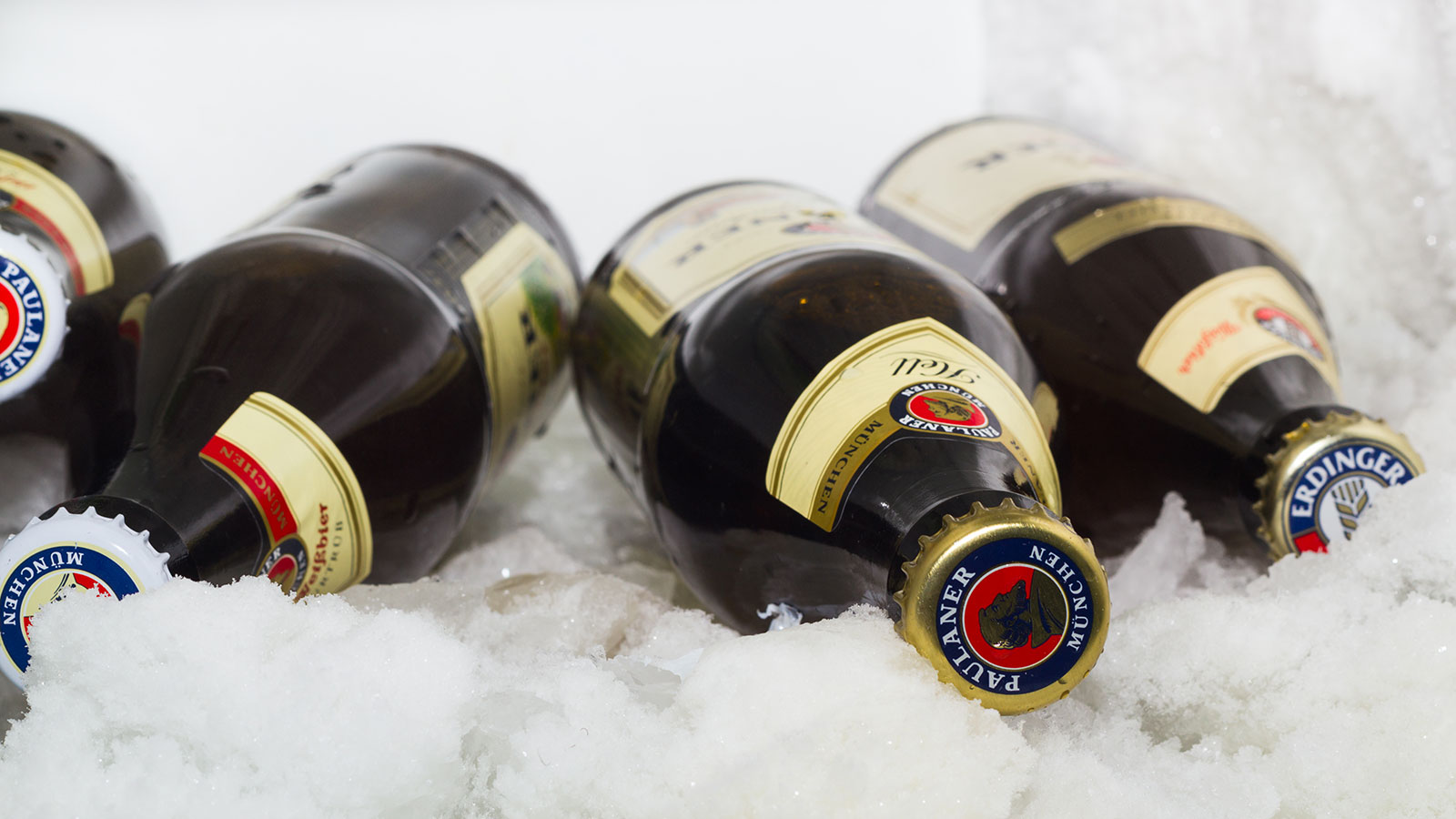


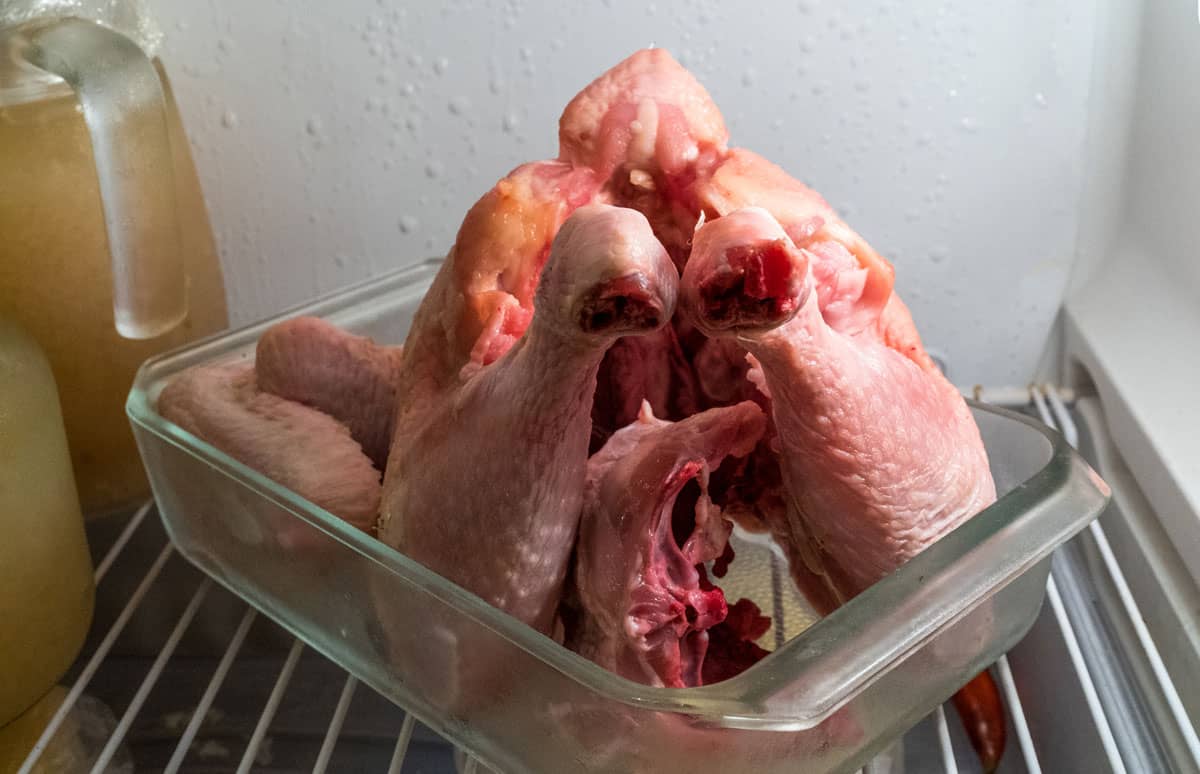
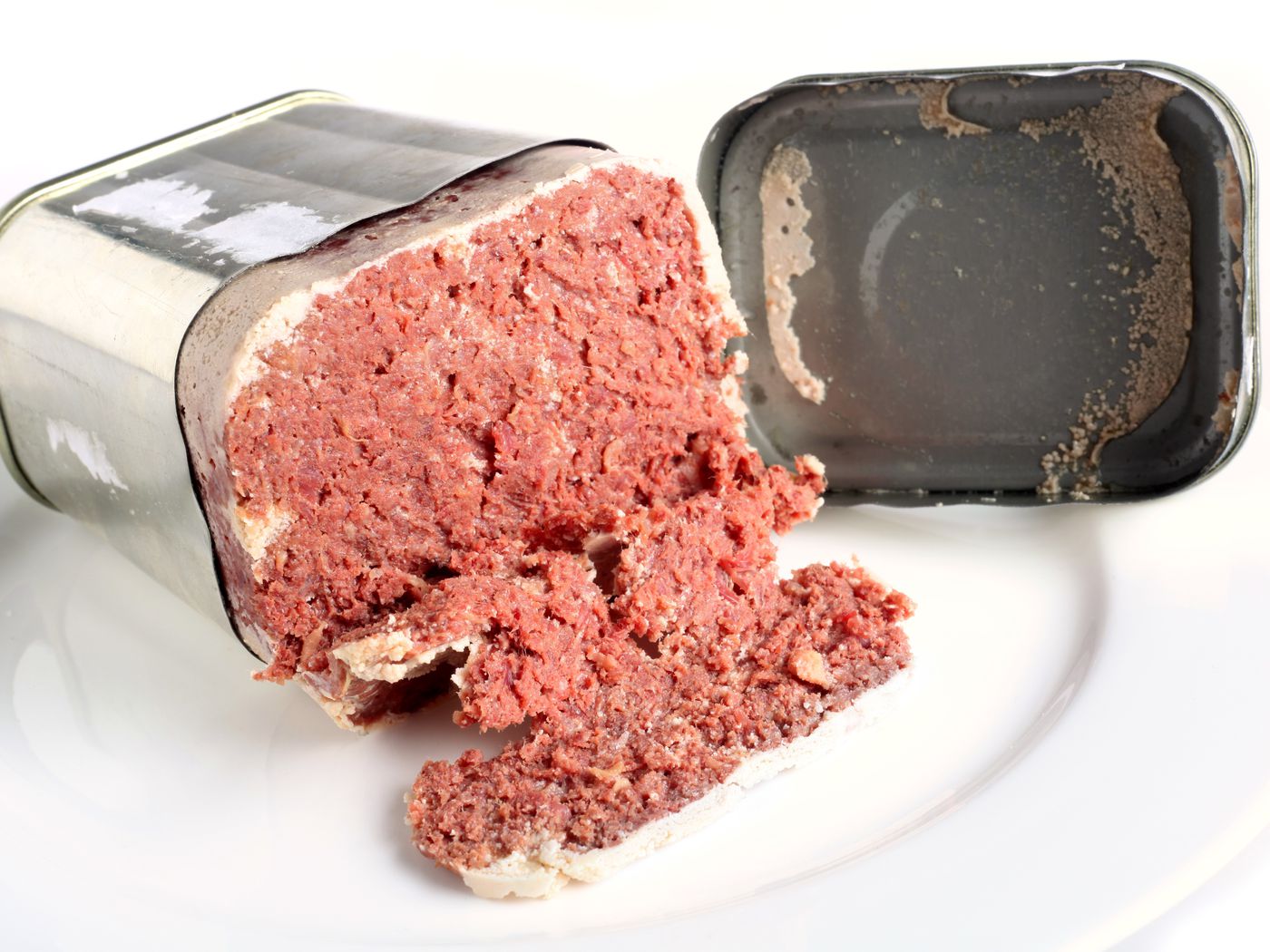

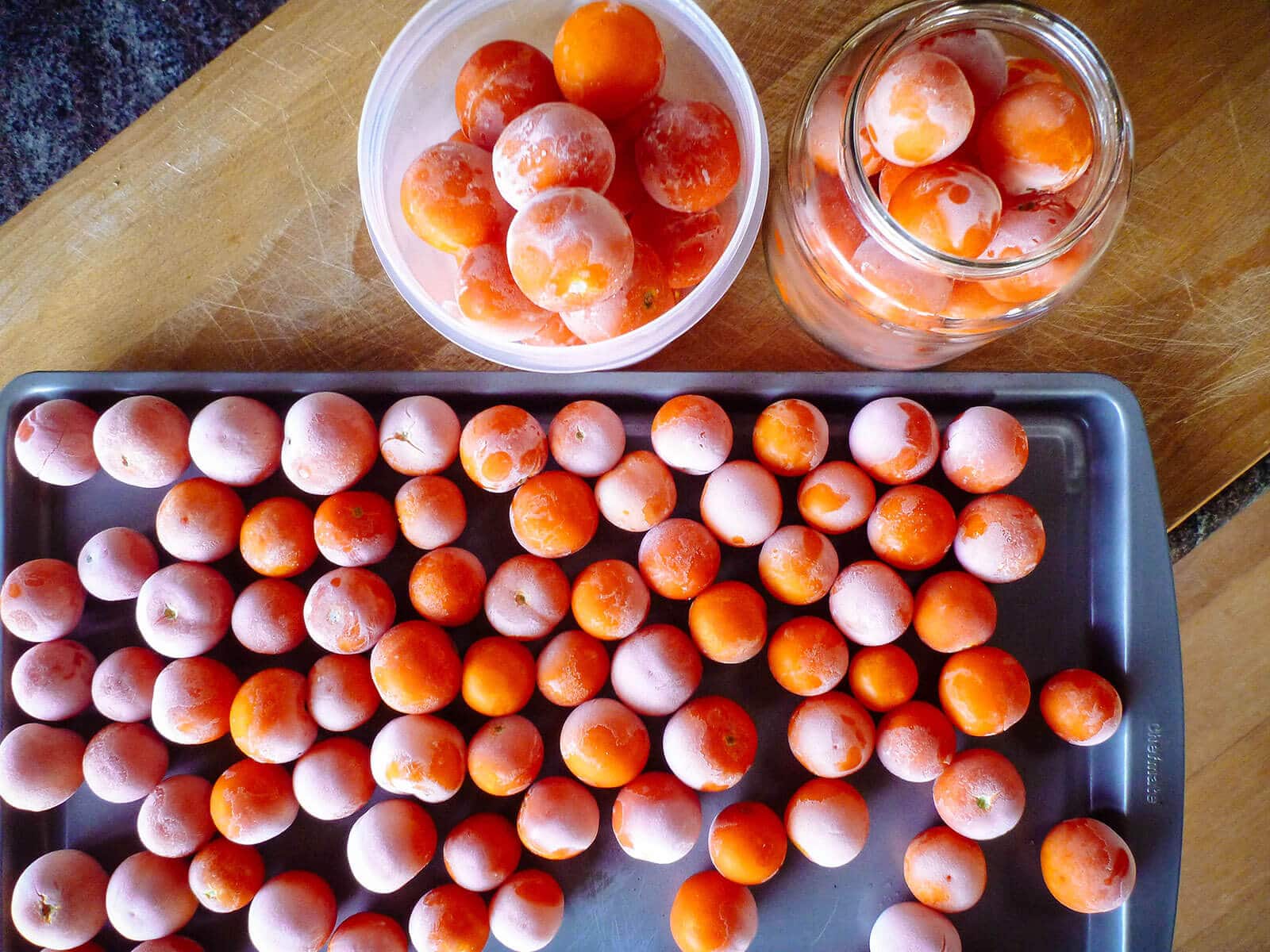
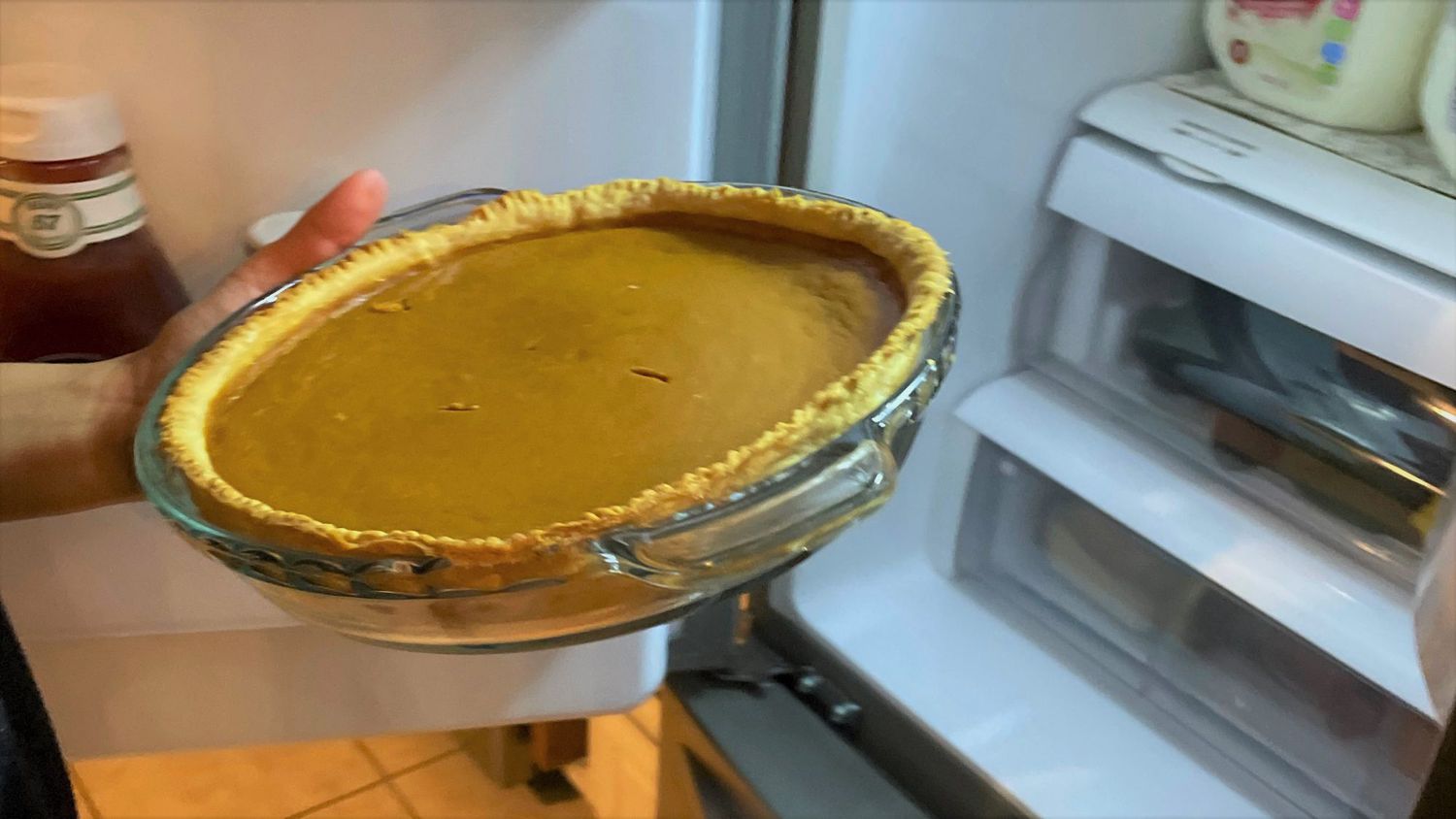
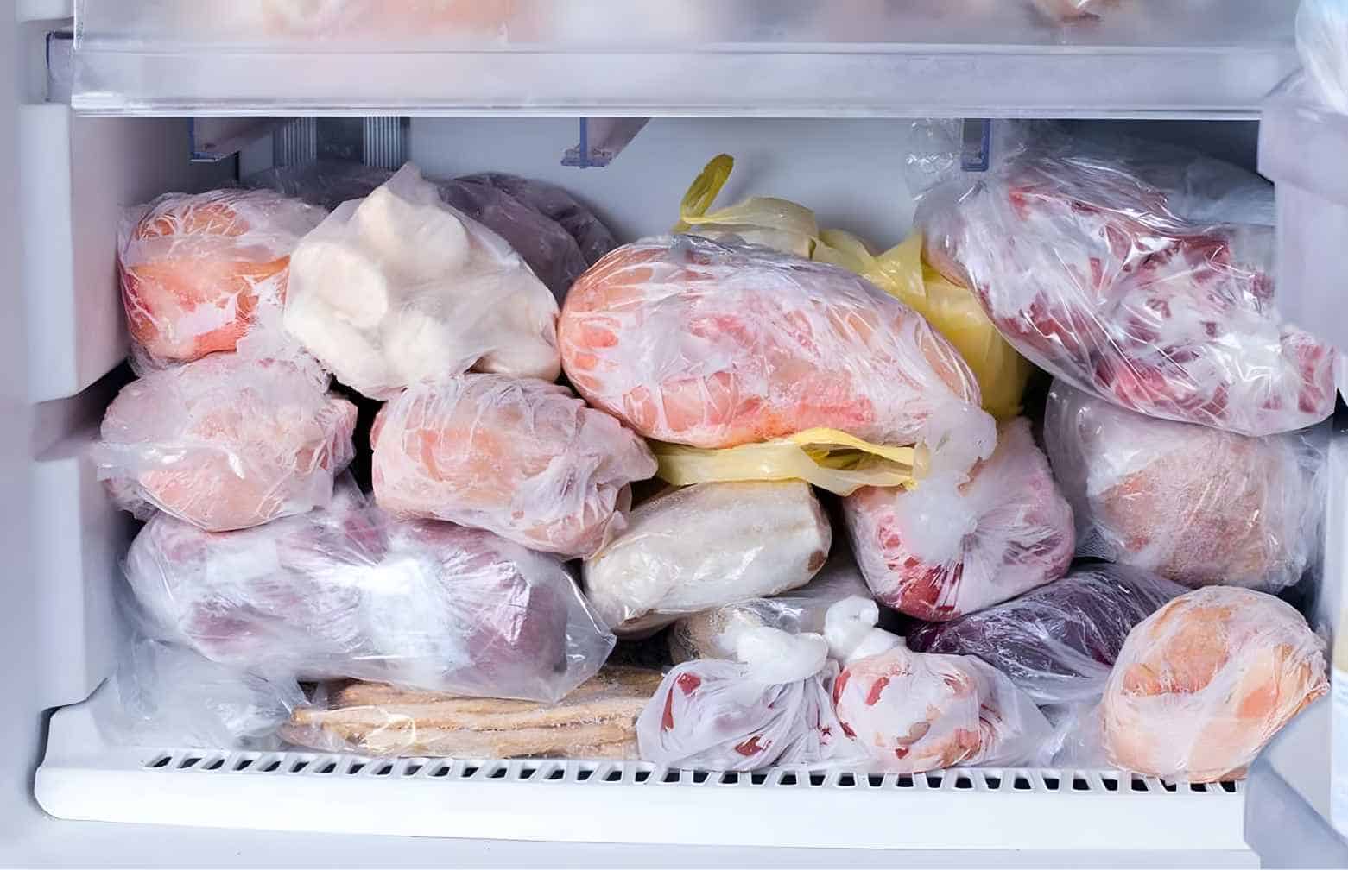




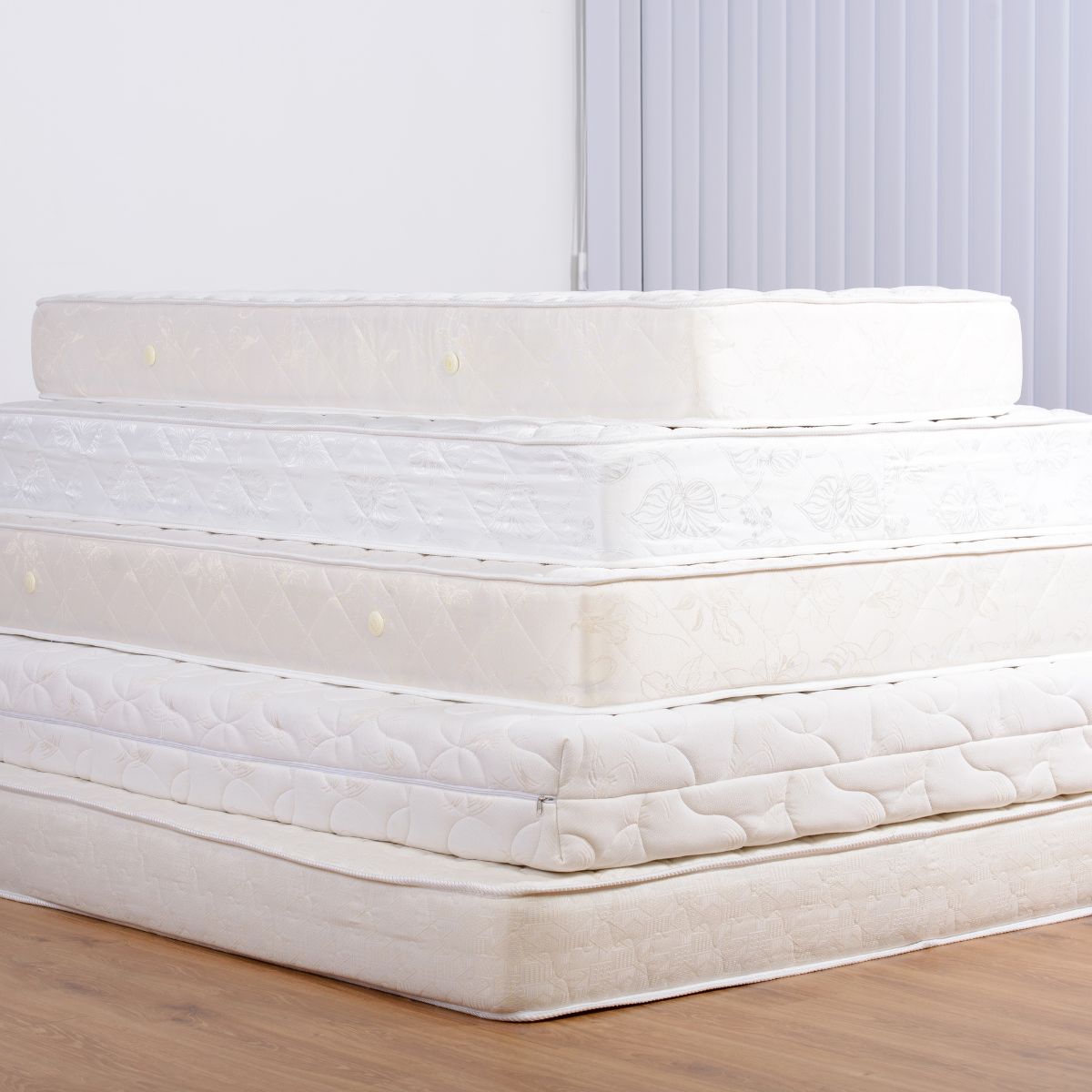

0 thoughts on “How Long Can You Keep Chicken In The Freezer After The Expiration Date”